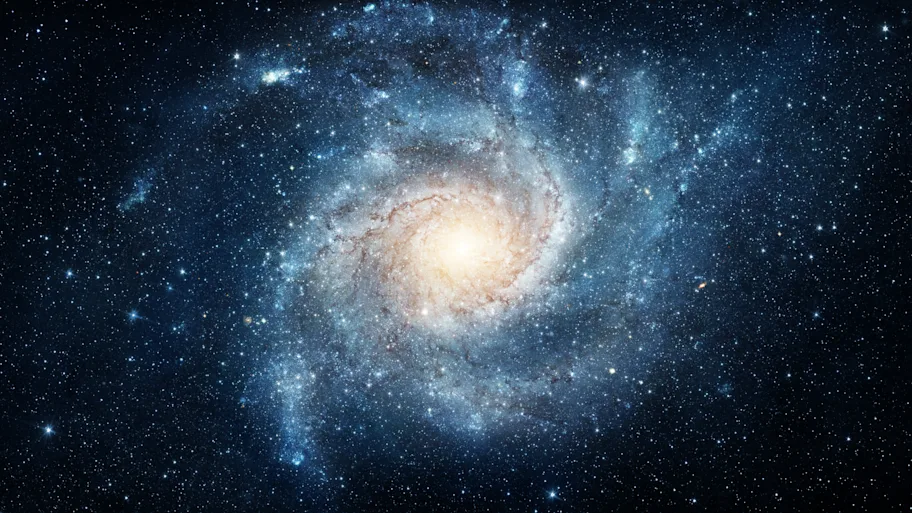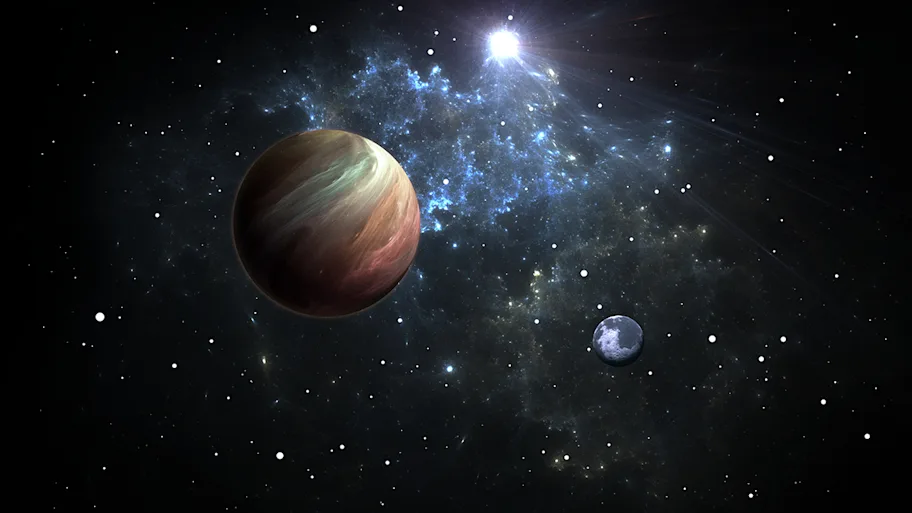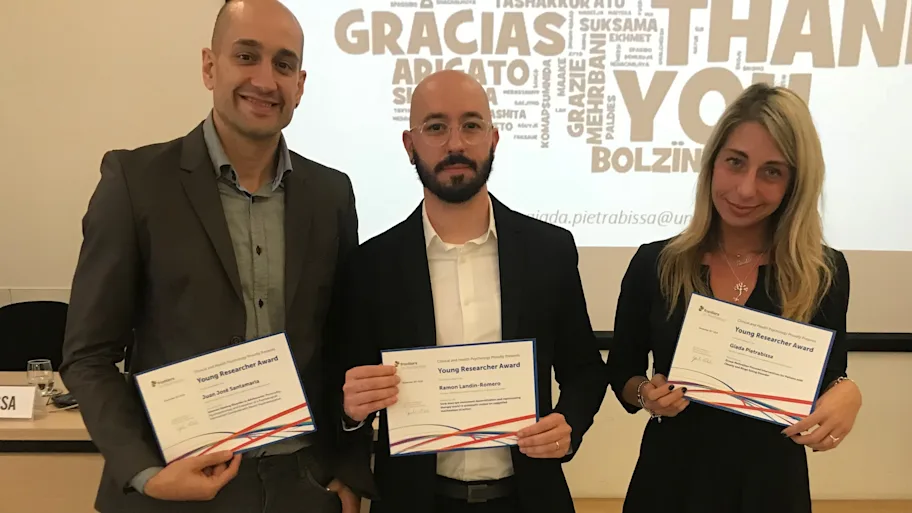
- Science News
- Featured news
- ‘Science is a measure of our ignorance: the more we know, the more we realize how little we know’
‘Science is a measure of our ignorance: the more we know, the more we realize how little we know’
By Dr Gianluca Calcagni, IEM-CSIC

Image: Shutterstock.com
Writing as part of our Frontier Scientists series, Dr Gianluca Calcagni of IEM-CSIC in Madrid gives us an insight into his research that aims to find answers to some of the most puzzling and complex mysteries that makes up almost everything in the universe.
Dr Gianluca Calcagni obtained his degree in physics in Italy at Padua University and, in 2005, his PhD at Parma University. He has worked at a number of research institutes in Japan, the UK, the US, Germany and Spain and is now a faculty member of the Instituto de Estructura de la Materia, Consejo Superior de Investigaciones Científicas (IEM-CSIC) in Madrid.
As a member of the LISA and Einstein Telescope consortia, his research areas are gravitational waves, nonlocal quantum gravity, multifractal spacetimes, cosmologies beyond the standard model, and string theory.
He has published three books and more than 100 papers in physics since 2003. Since 2016, he has also been doing research in behaviural and clinical psychology, in which he has a degree, an MSc and three published papers.
Last year, he was awarded with a Frontiers in Astronomy and Space Sciences Diversity Award for his community engagement as an editorial board member, allowing the cosmology section to become the most diverse specialty section in the journal, ensuring involvement of high-profile scholars across the globe.
Other award winners working with the journal included:
Prof Cristina Puzzarini - Leadership Award
Prof Paola Marziani - Inspiration Award
Prof Scott Willam McIntosh - Influence Award

Dr Gianluca Calcagni, IEM-CSIC
What inspired you to become a researcher?
When I was three or four years old, I was fascinated by nature and expressed my wish to become a scientist. I wanted to understand the universe; to understand what, at that time, I called God. I do not think I am any wiser now: science is a measure of our ignorance and the more we know, the more we realize how little we know. I do not think I especially ‘love’ science, either, since its scope is fairly limited and does not, or cannot, answer all the important questions one may pose oneself in a lifetime.
Can you tell us about your most recent research?
I mainly work on two theories of gravitation: multifractional spacetimes and nonlocal quantum gravity. The first is a class of theories where matter fields and gravity live in a spacetime whose geometry changes with the probed scale, or are even fractal. The second is a fundamental theory where gravity is quantized consistently thanks to the presence of infinitely many derivatives in the dynamics.
It has come to the fore in recent years as a promising framework to explore new or poorly understood phenomena beyond the standard paradigms of general relativity and particle physics. A third line of research I have been dedicating increasingly more time to is how modifications of gravity (including, but not limited to, the above two scenarios) can affect the production and propagation of gravitational waves, especially in relation with the future space-borne detector LISA to be launched in 2034.
In your opinion, why is your research important?
The main and broader goal of my career has been to show that it is possible to shift from cosmology based on ad-hoc models to tests of fundamental theories of classical and quantum gravity. I stressed the importance and desirability of this change in our attentional focus in a recent specialty grand challenge article. On the other hand, the physics of gravitational waves beyond Einstein’s theory of general relativity is still under development at a fast pace and my colleagues and I are giving a contribution to that in the light of forthcoming missions such as LISA, DECIGO and the Einstein Telescope.
Are there any common misconceptions about this area of research?
One of the greatest social obstacles in my research has been the widespread idea that quantum gravity cannot leave any observable imprint because its effects are confined to Planck scales, ie, at distances smaller than 10^-35 m. When applied indiscriminately, this becomes a misconception, born of early attempts to quantize gravity as a local perturbative field theory, where corrections to classical gravity are indeed very small.
However, it may be possible that exotic effects arise with different mechanisms not contemplated by these classic results. Nowadays, there are many concrete examples of cosmological and astrophysical models where the history of the universe or the evolution of compact objects are affected by microscopic modifications of gravity. The more robustly motivated the model is, the better it illustrates the point.
What are some of the areas of research you’d like to see tackled in the years ahead?
On the side of phenomenology, a greater interest in theoretical models based on fundamental theories and less emphasis on phenomenological models created ad hoc to explain data. On the side of observations, we have exciting times ahead. The Euclid mission will hopefully unravel some of the secrets of dark energy in this decade.
In the next decade, third-generation interferometers such as LISA, DECIGO, and the Einstein Telescope will probe gravitational waves from different sources and will give invaluable information on the astrophysics of compact objects, on the early universe, and on the nature of gravity.
We already know that Einstein was definitely not wrong; his theory of general relativity has been tested in many independent ways. However, he might not have had the whole picture in mind, and the possibility that gravity could be described by a classical or even a quantum extension of general relativity is still wide open. We do not know what the cosmological constant is. We do not know whether the so-called ‘H_0 tension’ (the significant mismatch in the estimate of the Hubble constant today via different observations) is the product of new physics or of systematic errors. And a long list of other we-don’t-knows.
If you have recently published your research with Frontiers and believe you have a story to tell, then you might feature as part of our new Frontier Scientists series! Send an email with the subject line ‘Frontier Scientists’ and your name to press@frontiersin.org , as well as details on what your most recent research was about.






